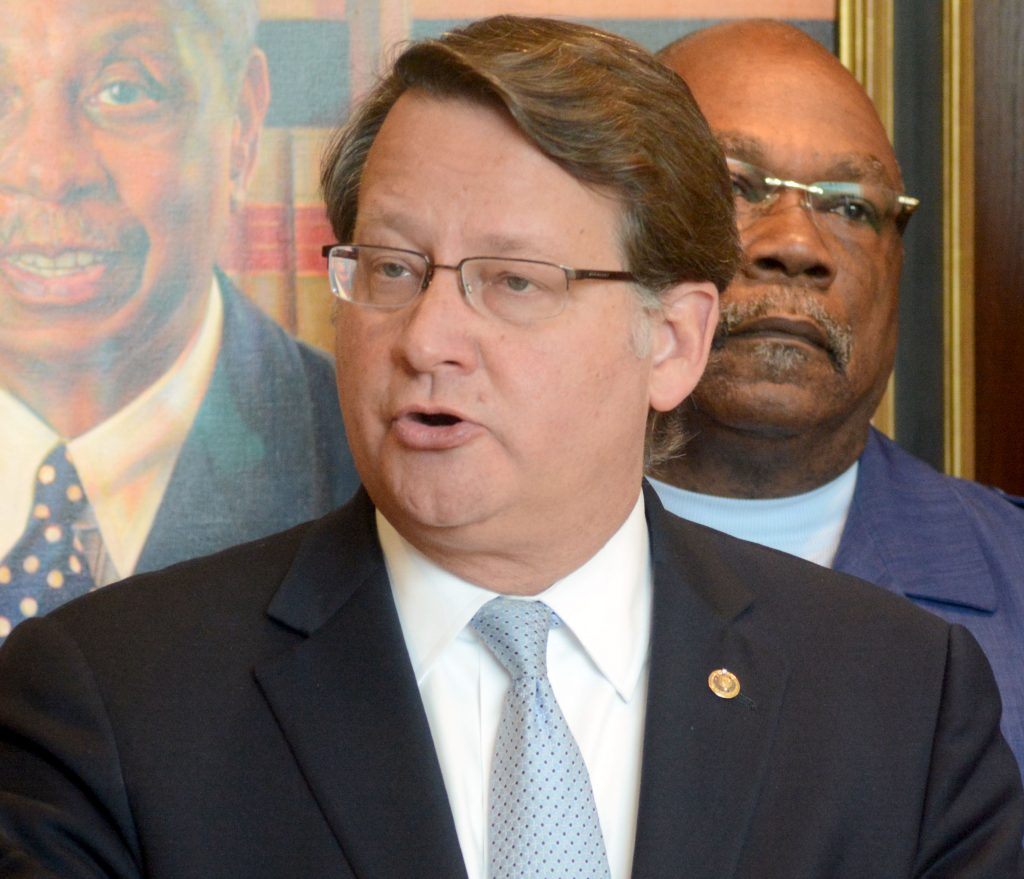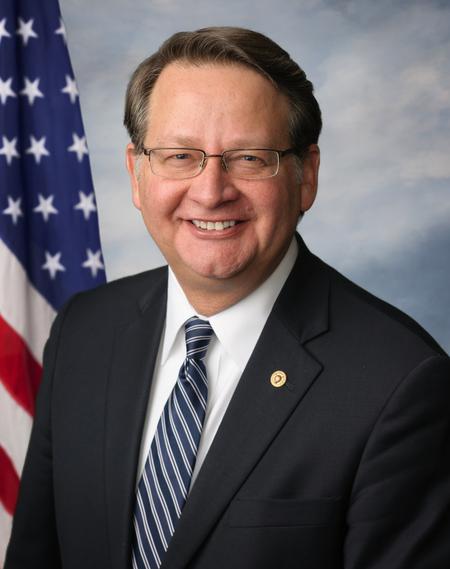Sen. Gary Peters Talks About the Political Culture in Washington D.C.
Senator Gary Peters talks Supreme Court, Flint water, and immigration


Detroit Today Host Stephen Henderson speaks with Michigan senator Gary Peters about Supreme Court Nominee Merrick Garland, the Flint water crisis, and recent terrorist attacks in Brussels.
In Senator Gary Peters’ opinion, Supreme Court Nominee Merrick Garland is “a person who comes with great credentials…a great legal scholar… all that I’ve heard has been nothing but glowing recommendations.” Peters says Republican senators refusing to vote on the Garland nomination are “clearly in opposition to the clear wording of the U.S. Constitution.” However, Peters says, “there are four [Senate Republicans] who are considering at least meeting with [Garland].”
Senator Gary Peters also discusses the Flint water crisis, and calls on Governor Snyder “to step up his game considerably…If you are representing the people…you have to take that seriously, and actually be out and listen to folks.”
Senator Peters says Flint residents have a lack of confidence for their elected officials and, “Once you lose trust, it is very difficult to rebuild. It can be done, but it takes a lot of effort, and I have not seen that effort.” He says the Flint water crisis is “a decades-long problem…Moms can even pass [lead poisoning] on to their children…this can be multi-generational.” Peters says he has “advocated setting up some sort of future fund” for children affected by lead poisoning.
Regarding the recent terrorist attacks in Brussels and Lahore, Peters says these events are no reason to target Muslims in general. “When you hear some of the rhetoric from the presidential candidates that are anti-Muslim and anti-Arab, that doesn’t represent us here in the greater Detroit and Michigan community.” Instead, it is more productive to work together, says Peters.
“The idea is to make sure the [Muslim] community is part of the solution and part of the effort to find folks that may have been radicalized,” he says.
Click the audio link above to hear the full conversation.
